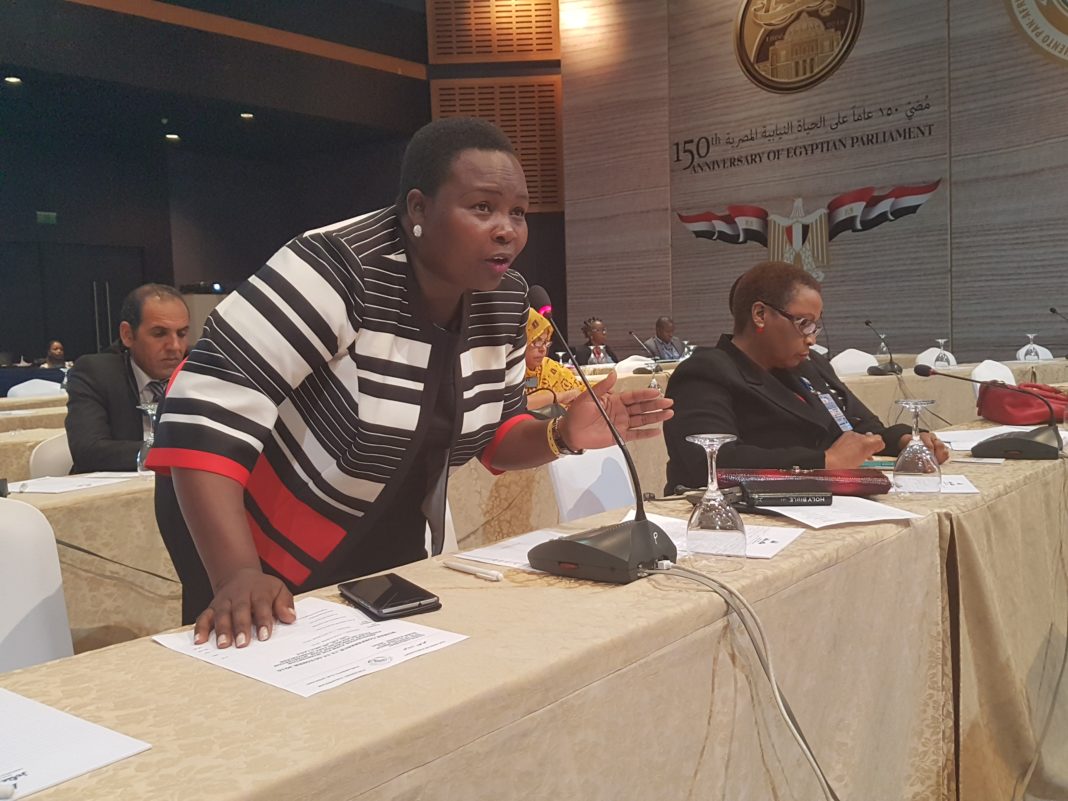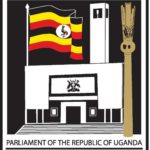Discrimination based on social, economic, religious and political grounds have been highlighted as one of the leading causes in triggering terrorism on the African continent.
Pan African Parliament (PAP) President Roger Nkodo Dang, said Parliaments should therefore, ensure good governance, accountability and respect for law in their countries and use their positions to foster dialogue between warring parties.
The PAP MPs were deliberating on the Role of the Pan African Parliament in Combating Terrorism, on Monday, 17 October, 2016 in Sharm El Sheikh, Egypt.
President Nkodo noted that the discussions were coming at a time when the world was experiencing a surge in terrorist attacks of which the African continent had not been spared.
“Terrorism has become very sophisticated as the continent has witnessed in Algeria, Cameroon, Egypt, Kenya, Mali, Nigeria, Somalia and Uganda,” he said.
He noted that the attacks exposed the weak position of the African continent with regards to strategies of combating terrorism.
“Terrorism is a regional issue that requires coordination between countries with a common perception of what must be done. We have to recognise the underlying factors that predispose countries to instability,” Prof. Morris Ogenga Latigo said, adding that: “it is out of instability that terrorists find fertile ground to blossom.”
Hunadi Mateme (South Africa) said the arms industry was the root cause of terrorism. She said PAP should pronounce itself on who has the right to manufacture arms and that the continent should embrace the African way of life of Ubuntu, if it is to address the scourge of terrorism.
Jacquiline Amongin, the leader of the Uganda delegation said African MPs need to ensure that their governments ratify conventions on terrorism and the Malabo Protocol among others so that together they can rid the continent of such extremism.
The legislators noted that a number of states had not ratified the continental instruments and as a result, their strategies and laws on combating terrorism were not aligned to continental and international conventions.
In 1992, the then OAU Meeting in Dakar passed a resolution for Cooperation and Coordination among African states in the fight against terrorism. The 1998 attacks in Kenya and Tanzania gave impetus to the 1999 OAU Convention on the Prevention and Combating of Terrorism.
Following the September 2001 bombings in the United States, the UN was prompted to come up with an instrument, the UN Security Council Resolution 1373, to address terrorism internationally.
The OAU convention eventually came into force in 2002 after being ratified by 30 member states.
The Third Ordinary Session of PAP is sitting from 10 – 19 October 2016. Uganda’s delegation to the continental body includes Jacquiline Amongin (NRM, Ngora), who is the leader of the delegation; Prof. Ogenga Latigo (FDC, Agago North); Anifa Bangirana Kawooya (NRM, Ssembabule); Felix Okot Ogong (NRM, Dokolo South) and Babirye Kadogo (Independent, Buyende).








